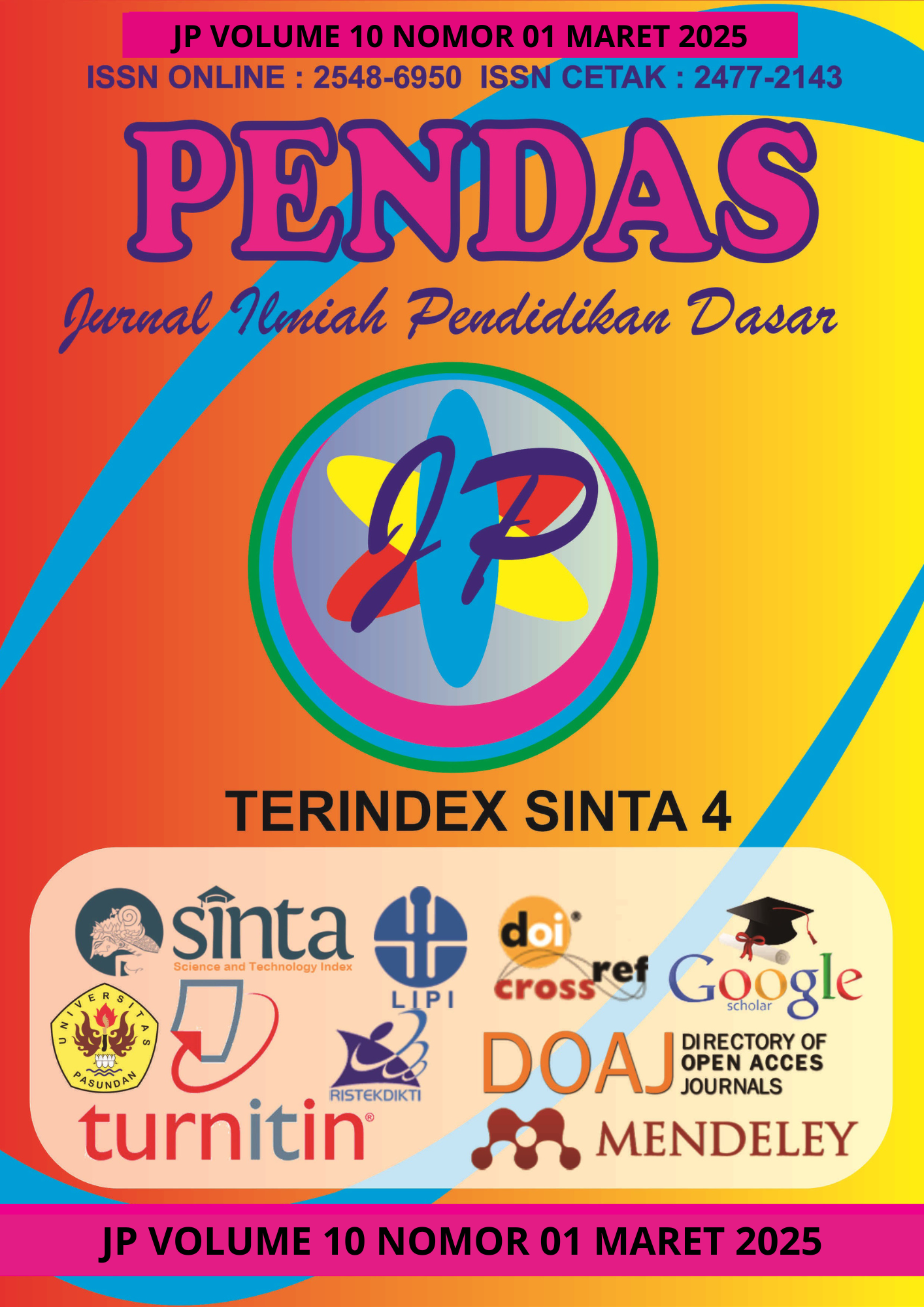FILSAFAT ILMU (FILSAFAT PENGETAHUAN)
DOI:
https://doi.org/10.23969/jp.v10i01.22067Keywords:
Philosophy, Knowledge, ScienceAbstract
Technological developments facilitate access to information, but create a dependency that often neglects in-depth analysis of the veracity of information. The ability to analyze information is important to maintain the integrity and credibility of information. This research aims to explore the relationship between philosophy and knowledge as two interrelated scientific domains, in order to understand the role of philosophy in shaping the basics of critical thinking and proper knowledge management. Data were taken from relevant books, journals, and articles, analyzed systematically to find the relationship between philosophy and knowledge. The results showed that philosophy, as the “mother of science,” provides a framework for critical and reflective thinking that underlies the process of knowledge development. Knowledge is generated through the interaction between experience, observation, and rational thought. The research also discusses different types of knowledge based on their patterns and levels, including ordinary, scientific, philosophical, and religious knowledge. Philosophy and knowledge complement each other. Philosophy is a tool to understand the nature of truth, while knowledge is the concrete result of the philosophical process. The combination of the two forms a solid foundation for the analysis of information and the development of science, which ultimately helps humans make wise and responsible decisions amidst the challenges of the times.
Downloads
References
Ahmad Tafsir. (2004). Filsafat Ilmu. Remaja Rosdakarya, 36.
Atabik, A. (2014). Pendahuluan Membincangkan pemikiran Islam , lebih khususnya filsafat cacatan awal . Titik tolak utamanya adalah bahwa al-Ghazali, 2(1), 19–40.
Bertens, K. (2018). Apa itu Filsafat? Dalam K. Bertens, J. Ohoitimur, & M. Dua (Eds.), Pengantar Filsafat. Penerbit Kanisius.
Ibda, H. (2018). Filsafat Umum Zaman Now. Semarang: CV. Kataba Group.
Imam Nasruddin. (2016). Sumber Pengetahuan dalam kajian Filsafat. MAN Sakatiga, 2.
Jalalludin. (2019). filsafat Pendidikan islam dari zaman ke zaman. Jakarta: PT Raja Grafindo.
Marchella Audrey Marsanda, Wiwid Noor Rakhmad, A. N. (2022). HUBUNGAN KUALITAS INFORMASI DAN KREDIBILITAS SUMBER INFORMASI TERHADAP TINGKAT KEPERCAYAAN INFORMASI KESEHATAN PADA TIKTOK OLEH GENERASI Z. FISIP UNDIP, 2.
Mukhmuda, S. (2018). Hakikat Ilmu Pengetahuan dalam Prespektif Moder dan Islam. Al-Murabbi, 4(2).
Nazir, A., Rao, Y., Wu, L., & Sun, L. (2020). Issues and challenges of aspect-based sentiment analysis: A comprehensive survey. IEEE Transactions on Affective Computing, 13(2), 845–863.
Siti Khamim, Ridha Ahida, Muslimah, I. K. M. (2024). Sumber-Sumber Pengetahuan dalam Filsafat Ilmu. Jurnal Pendidikan Tambusai, 8.
Sui, Y., & Zhang Citation, B. (2021). Determinants of the Perceived Credibility of Rebuttals Concerning Health Misinformation. Res. Public Health, 2. Diambil dari https://doi.org/10.3390
Suriasumantri. Jujun. S. (2001). ILMU DALAM PRESPEKTIF. Jakarta: Yayasan Obor Indonesa.
Tersiana, A. (2018). Metode penelitian. Anak Hebat Indonesia.
Waksena. (2012). Jenis Pengetahuan. Pendidikan dan Sosial Budaya, 2.
Downloads
Published
Issue
Section
License
Copyright (c) 2025 Pendas : Jurnal Ilmiah Pendidikan Dasar

This work is licensed under a Creative Commons Attribution 4.0 International License.














































